Learning from Used Books
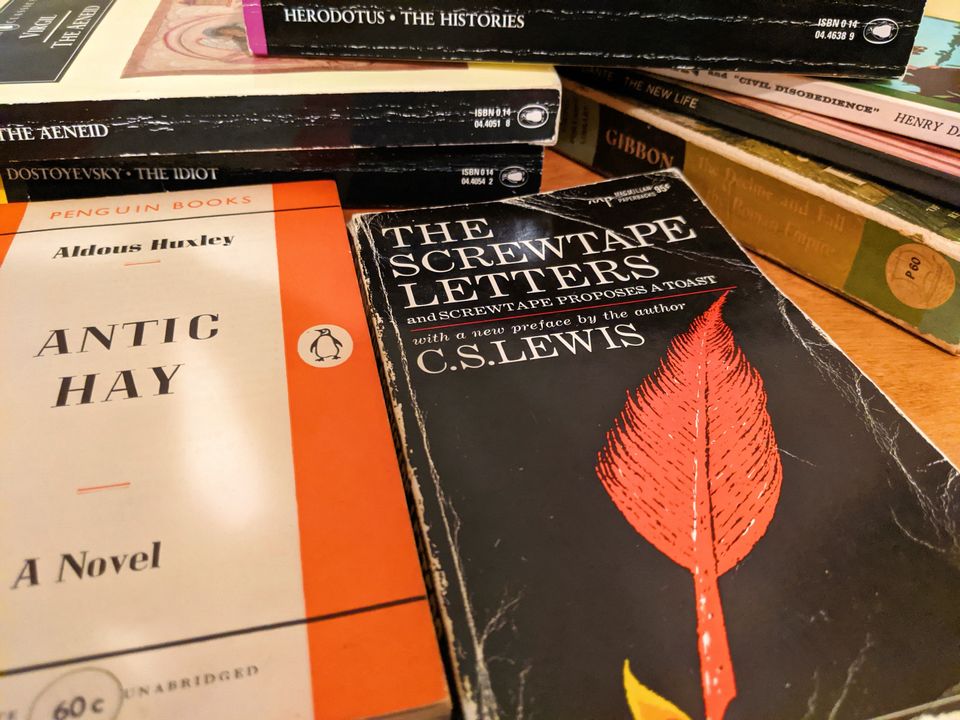
I love second-hand books. More than half of my shelves are filled with these gems. Discarded library books, thrift store finds, gifts from friends. Just finding books you want is exciting. Collectively, these comprise the liveliest segment of my library. The covers are tattered, spines divided—upwards of three or four clear creases for the thicker volumes—and pages yellowing. From the rich histories embedded in fraying edges to the economic advantages, used books provide a unique delight in my literary explorations.
Of course, not all used books are worn, but it's rarer to find new copies of older books. While these carry a charm of their own, I'm particularly drawn to books that are used regardless of when they were printed. Used books have a life story that their new counterparts lack, and that is part of their appeal.
I'm not against new books, but I am wary of elevating a work's recent publication date over its content. These are the values of an industry dependent on novelty and continuous production, and not plain and proven wisdom. A book today may not be better than a book ten or even two hundred years ago, but we must be willing to pull up a chair to the existing literary feast found in books.
Used books, like the used and repair economies in general, call into question the value of production for production's sake. They mitigate the sway of a publishing industry chasing market trends and churning hardbacks. The old books I’ve acquired resist the worst effect of marketing. Instead, I go hunting for the wisdom I seek, or submit myself to the winsome whim of a good title or blurb. While advertising is important insofar as it informs readers of a worthwhile product, it becomes sinister when it peddles subpar words in snazzy packaging or works to fabricate desire. Advertising and endless consumption feed off and perpetuate each other. Used books remind me that what is best is not necessarily what is advertised.
It is true that today's low-quality book becomes tomorrow's used book. But time tends to sift what is good from what is popular. Books that survive the recycling bin tend to have greater value, especially as we move from years to decades to centuries. When used books make it to the thrift store shelves, it suggests a modicum of value.
Speaking of preserving value, used books are also environmentally beneficial. Rather than spill more ink on a few more hatcheted trees to say what has already been said, we preserve those who have said it best. This will save us from discarding a few more books down the road. As a bonus, we'll save some money along the way.
But the best features of used books lie in their past life, preserved in markings and dog-ears for the literary enrichment of the reader. I love reading marginalia, and I am eager to contribute my own. I always have a moment's hesitation when the pages and jacket covers are pristine. But used books invite my scrawls.
The book becomes a conversation between author, reader, and myself. I note previous paths where they were taken, including an occasional "haha" in the margins or another attentive reader's references. I doubly attend to my predecessor’s favourite segments. By the end of my reading, I have not only the author's ideas but my own notes, plus those of the reader who journeyed before me.
When I am done, the final product is a book that I have made wholly mine with scribbles, creases, and the occasional splash of tea. But I don't resent any of my personal touches or accidents as I might with a fresh, full-priced volume. As it is with one more scratch on a reliable old car, so it is with used books: The marks are fond memories.
But I also know the journey is not quite at an end. I contribute to the used status, but the book persists beyond my latest reading. It may fall into another eager pair of hands. Ironically, the used status reminds me of perpetuity. It keeps me looking forward. And so the used book is not really a thing of the past at all.
Used books are a marvelous universe in themselves, but they also enrich the one I live in. Maybe one day, my books will do the same for someone else too.
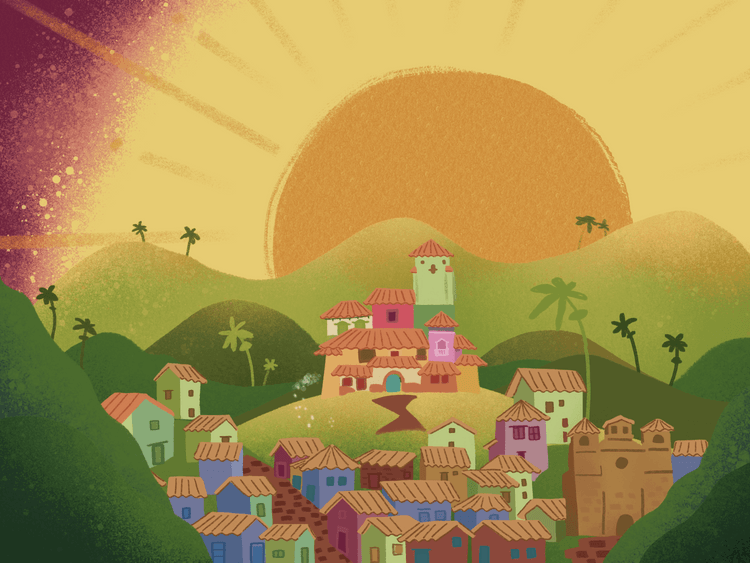
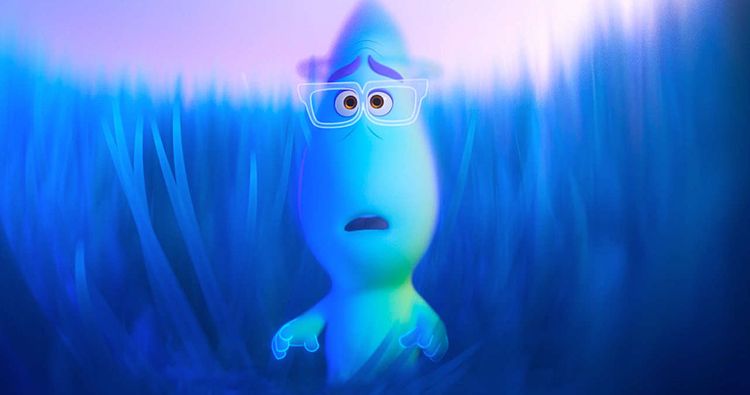

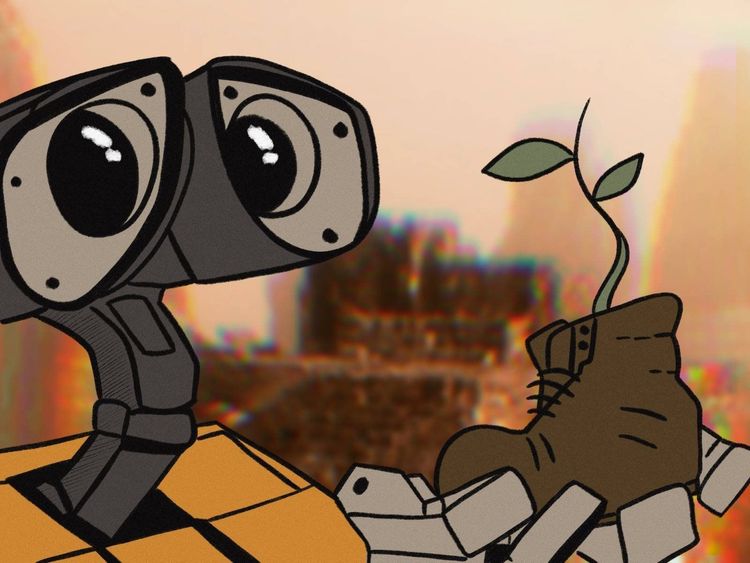
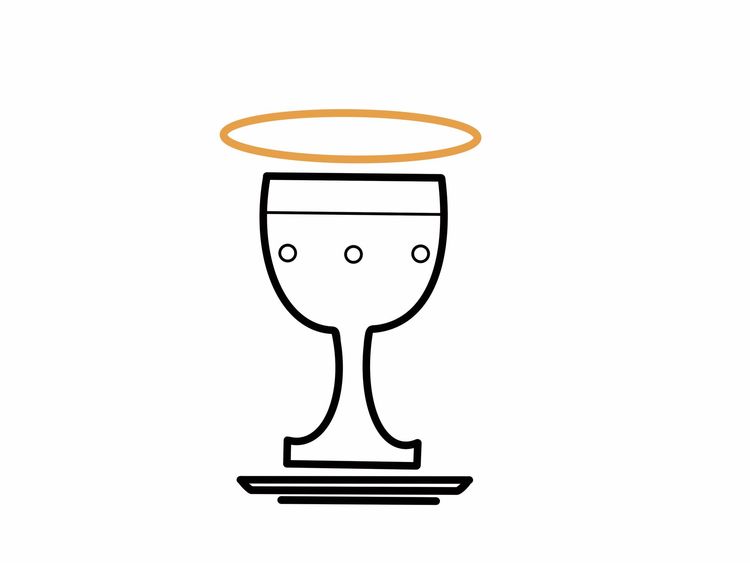
Member discussion